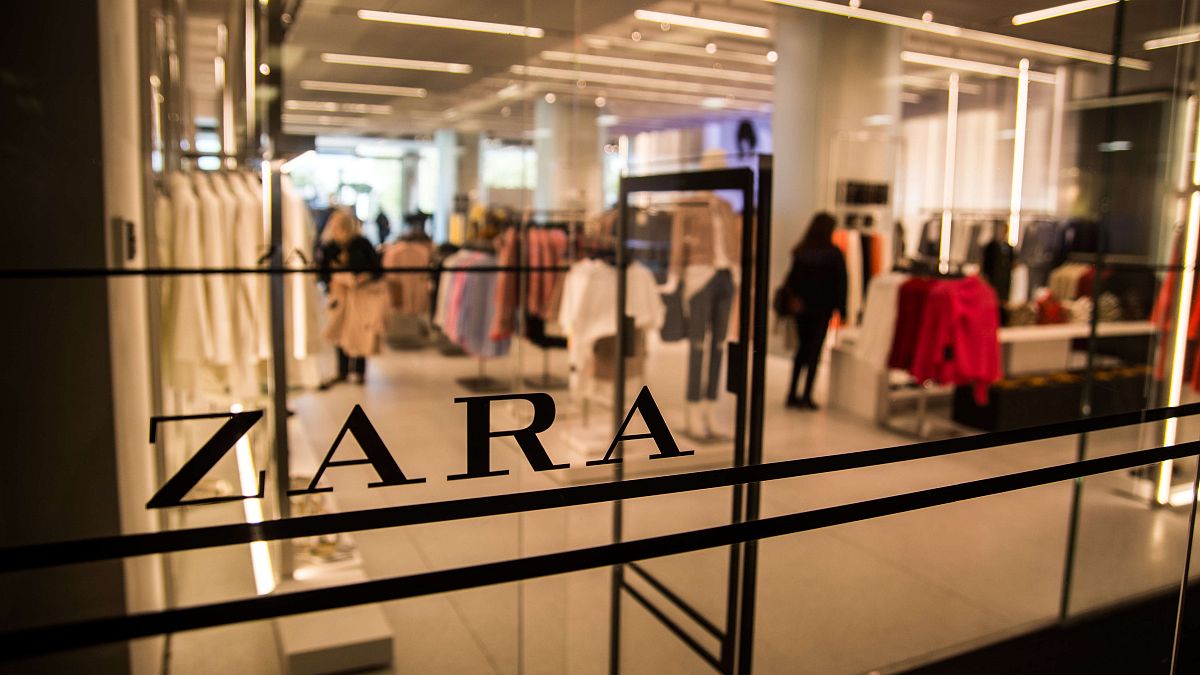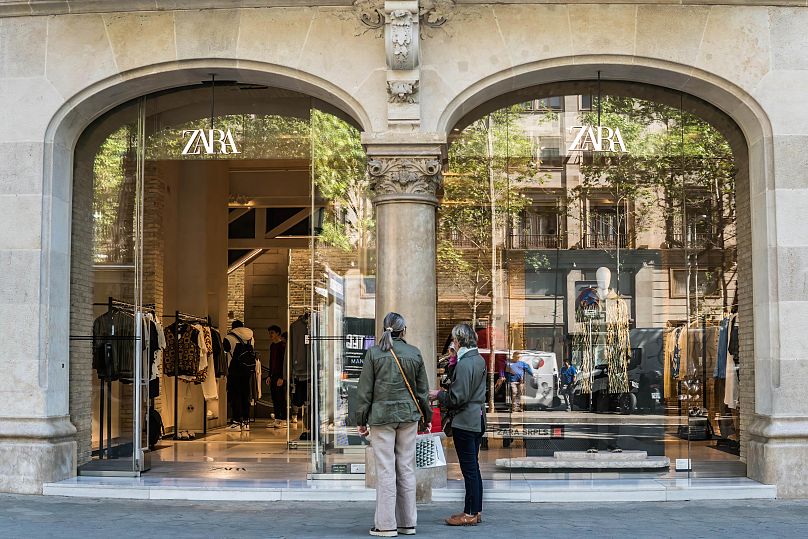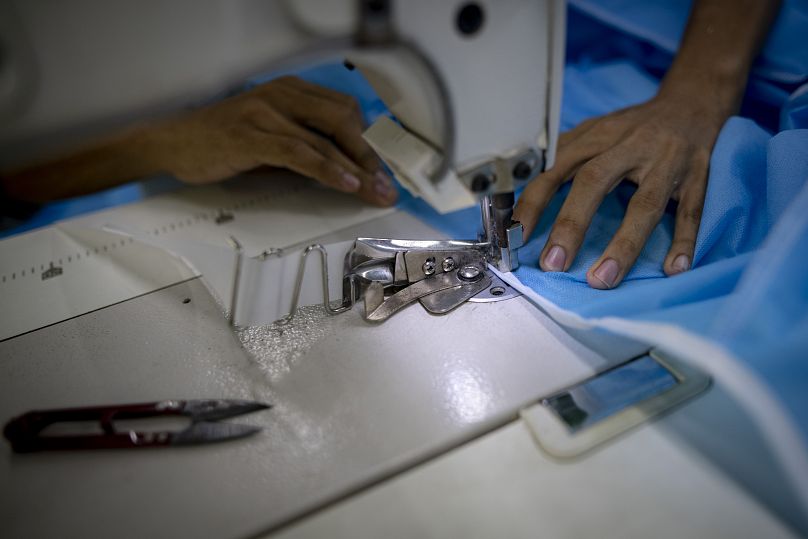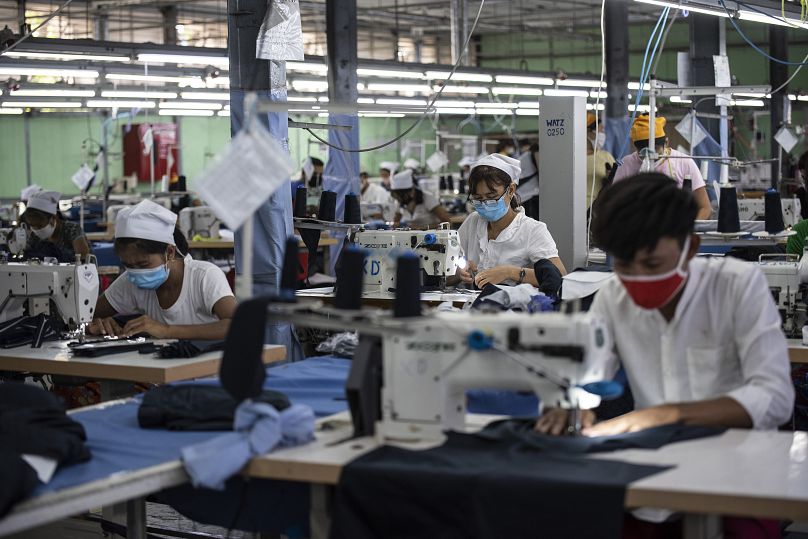The company, which owns Zara, has announced it's in process of stopping purchases from Myanmar's garment factories due to a campaign by a global workers' union to convince companies to divest from the country.
Global fashion powerhouse Inditex has announced it is in the process of stopping purchases from conflict-hit Myanmar.
The Spanish company, which owns fast fashion giant Zara among other popular high street brands, has made the decision as a result of a campaign by global workers' union IndustriALL.
The organisation has called for the fashion industry to make a “phased and responsible exit” from the Asian nation, following increasing unrest.
Since 2021, Myanmar has been in the midst of a political and humanitarian crisis after a military junta took power.
While the country’s garment industry is a major employer, supplying clothes and shoes to big Western brands and retailers, IndustriALL claims that labour rights have been badly affected since the coup.
Inditex has not yet given a timeline for its exit and it hasn’t been made public exactly how many factories in Myanmar are supplying the fashion behemoth.
What does this decision mean for the fashion industry - and for Myanmar?
It’s a tricky time for the multi-billion euro company which hails from Galicia.
Inditex has recently renewed an agreement with IndustriALL which ensures the company will maintain dialogue with trade unions and make sure workers’ needs are addressed throughout the supply chain.
Another apparel industry advocacy group, The Clean Clothes Campaign, have weighed in, expressing that brands continuing to source from Myanmar must "conduct ongoing and heightened due diligence".
Brands and retailers across the globe have been under pressure to take their business out of Myanmar, but a mass exit would likely cause significant job losses and economic turmoil for workers.
What does the EU say about the situation?
The European Union is taking a different approach, suggesting that companies should continue sourcing from the country.
The EU funds a project in Myanmar called MADE, a successor to the Smart Factories project. This has been in place since 2013 with the aim of improving conditions in the nation’s garment factories.
Seventeen well-established retailers are members of MADE, including H&M and Adidas.
In a letter seen by Reuters, Mario Ronconi, head of unit at the European Commission's Directorate-General for International Partnerships, wrote: “The EU and MADE partners believe that the interests of workers are best served by ongoing sourcing from the country, provided that this is pursued responsibly".
Mango, a Spanish fast-fashion retailer and rival to Zara, stopped using manufacturers in Myanmar and British brand Marks & Spencer are planning to quit the country in October.







